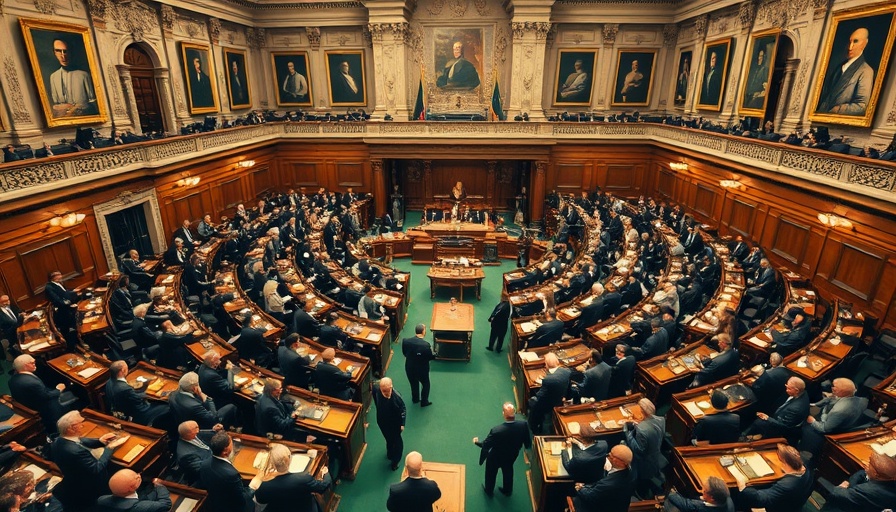
Ruling on Trump’s Travel Ban: A Game-Changer?
In a significant ruling, a federal judge has found that the State Department unlawfully withheld visas during Trump’s controversial travel ban, imposing restrictions on individuals from several predominantly Muslim countries. This landmark decision has raised essential questions about the legality of past government actions and the broader implications for immigration policy in the United States.
The Historical Context of the Travel Ban
Introduced in 2017, Trump’s travel ban was framed as a security measure to prevent terrorism. However, it drew heavy criticism from civil rights advocates and legal experts who argued it disproportionately affected Muslim communities. The travel ban was challenged in courts, leading to several key cases that reached the Supreme Court. The recent ruling reinforces the notion that executive actions can be reviewed, stressing that no administration is above the law.
Immigration and National Security: Balancing Interests
This case also highlights the ongoing debate surrounding immigration and national security. Critics argue that policies like the travel ban fuel xenophobia and discrimination, while proponents claim they are necessary for protecting American citizens. Understanding this balance is crucial in navigating current events in America, especially as discussions surrounding immigration are set to intensify in the lead-up to the 2024 elections.
Impacts on Future Immigration Policies
The ruling could set a precedent for future immigration policies, potentially altering how the U.S. government handles visa applications from targeted countries. This development comes as Congress grapples with comprehensive immigration reform amidst increasing pressure from advocacy groups and constituents calling for a fair immigration system.
Public Reactions and Social Perspectives
The ruling has reignited conversations about civil rights and immigration in America. Many advocates see this as a victory for justice, while others express concerns over how such rulings might affect America's global posture on human rights. Understanding these social dynamics will be essential for fact-seekers amid a landscape punctuated by division and debate over immigration.
A Look at the Executive Branch’s Powers
The judge's ruling also casts a spotlight on the powers of the executive branch when it comes to immigration. Traditionally, the executive branch has considerable authority to regulate immigration policies; however, this decision raises questions about the limits of that authority. Could this be the beginning of a more transparent and accountable era in immigration policy?
Future Implications for U.S. Relations Abroad
How the U.S. approaches immigration can significantly impact its standing in the global community. Nations that were affected by the travel ban may harbor resentments that could influence diplomatic relations. Therefore, how the Biden administration responds to this ruling could serve as an important barometer of its commitment to human rights on an international scale.
Your Role in Immigration Advocacy
As the landscape for immigration and civil rights evolves, individuals have a role to play in these discussions. Engaging with policymakers, staying informed on changes, and voicing opinions through civic action can influence the direction of national policies. The recent ruling serves as an essential reminder that government accountability is a crucial pillar of democracy.
For those interested in keeping abreast of political news in the USA, immigration developments remain a key area to watch. Understanding how legal rulings influence this ever-changing environment is critical for our civic engagement in shaping the future of American democracy.
 Add Element
Add Element  Add Row
Add Row 



Write A Comment